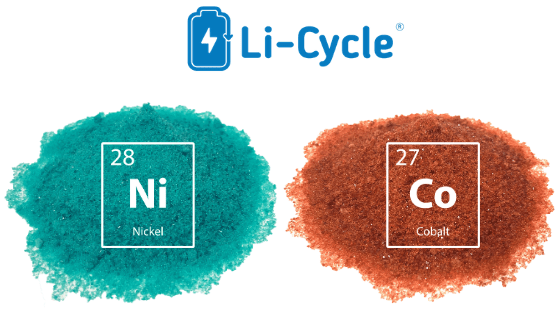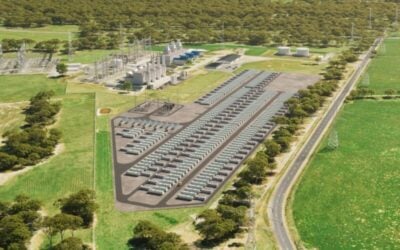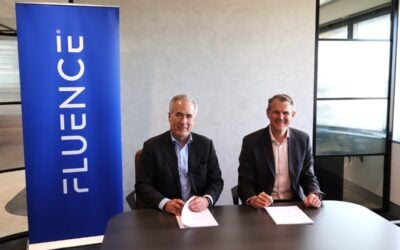
Li-Cycle’s latest high-profile investor will be natural resources giant Glencore, which has agreed to back the Canadian battery recycler to the tune of US$200 million.
Under commercial agreements that the two companies have come to, Glencore’s primary metals supply business for lithium battery manufacturers will be able to leverage Li-Cycle’s materials recovery and recycling ecosystem.
Enjoy 12 months of exclusive analysis
- Regular insight and analysis of the industry’s biggest developments
- In-depth interviews with the industry’s leading figures
- Annual digital subscription to the PV Tech Power journal
- Discounts on Solar Media’s portfolio of events, in-person and virtual
Glencore will supply both manufacturing scrap and end-of-life lithium-ion batteries to Li-Cycle’s facilities, while the metals company will offtake black mass, battery grade end products and by-products from the recycler. Glencore will also supply Li-Cycle with sulphuric acid, which is a key reagent in the proprietary recycling process Li-Cycle has developed.
While a press release discussed primarily the potential importance of this deal for electric vehicle (EV) markets, Li-Cycle has been vocal in the past about the big role stationary energy storage systems (ESS) will play in its activities, from the standpoint of offtaking recycled materials as well as being a source of them.
The deal, announced last week, closely follows Li-Cycle’s sealing of ‘preferred battery recycling partner’ status with LG Chem and with LG Energy Solution, with each of those two companies committing to a US$25 million investment alongside multiyear commercial agreements.
Other backers to the company include Koch Strategic Platforms, which committed to a US$100 million investment a few months ago.
In a recent interview with Energy-Storage.news, Li-Cycle chief strategy officer Kunal Phalpher said that being able to deliver lithium, nickel and cobalt all at battery grade from one facility distributes the raw materials costs across the three metals.
“So you can really get towards the bottom of the cost curve on all those materials,” Phalpher said.
“And over time, as there’s more recycled material, that can help make the materials cheaper once they’re in full supply. Right now, we have short supply and high prices and over time, we want to help to make EVs more affordable across the supply chain.”
That ability to source three key raw materials could also simplify customers’ procurement processes, the Li-Cycle CSO said. Li-Cycle has a number of facilities in operation and under construction in North America and is understood to be in the process of launching two large sites in Europe.
This article has been amended to reflect Kunal Phalpher’s job title more accurately. Phalpher was formerly Li-Cycle chief commercial officer but has since become chief strategy officer.






